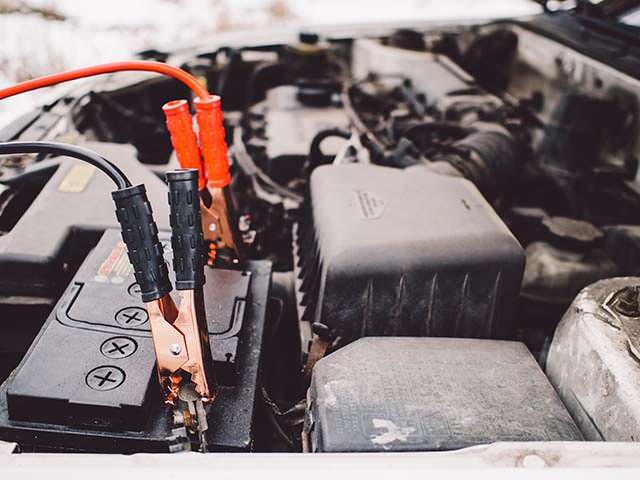When it comes to vehicle maintenance and repair, there are a lot of parts and components to consider. However, one that often gets overlooked is the automobile bearing. Auto bearings are a critical part of a vehicle's suspension and drivetrain systems, and play a key role in a vehicle's overall performance and safety. In this blog post, we'll take a closer look at what automobile bearings are, how they function, and why they're important for proper vehicle maintenance and repair.

What are Automobile Bearings?
Automobile bearings are small, friction-reducing components that allow various parts of a vehicle to move smoothly and efficiently. They're typically made up of two main parts: an outer band or ring, and a series of rolling elements (usually balls, rollers, or needles) that sit between the outer and inner races. The rolling elements help reduce friction and wear between metal surfaces, while the outer band helps hold everything in place.
Most modern vehicles have several different types of automobile bearings, which perform a range of functions. Some of the most common types include:
- Wheel bearings: These are found in the hubs of a vehicle's wheels, and allow the wheels to rotate smoothly and with minimal friction. They're essential for maintaining proper alignment and steering control.
- Transmission bearings: These are found inside a vehicle's transmission, and help to transfer power from the engine to the wheels. They're critical for smooth shifting and overall transmission performance.
- Engine bearings: These are found in a vehicle's engine and help reduce friction and wear between moving parts. They're critical for proper lubrication and engine longevity.
- Differential bearings: These are found in a vehicle's differential (the component that helps distribute power to the wheels), and help reduce friction and wear between the gears. They're critical for smooth operation and overall performance.
How do Automobile Bearings Function?
Automobile bearings function by reducing friction between two metal surfaces. When two metal surfaces rub against each other, they can create heat, wear, and even damage over time. By adding rolling elements (such as balls or rollers) between the surfaces, automobile bearings help distribute the load more evenly, reducing friction and wear. This, in turn, helps the vehicle's various components move more smoothly, with less resistance and strain.
Why are Automobile Bearings Important for Vehicle Maintenance and Repair?
Automobile bearings are a critical component in any vehicle, and proper maintenance and repair are essential for their longevity and performance. Depending on the type of bearing and the vehicle's usage, bearings can wear out over time and require replacement. Signs of a worn-out bearing can include excess noise, vibration, or even loss of control. Ignoring these signs can lead to costly repairs down the line, or even dangerous situations on the road.
Regular inspections and maintenance can help ensure that bearings are properly lubricated and adjusted, reducing wear and tear on the components. It's also important to use high-quality, properly rated bearings when replacing worn-out or damaged ones. Skimping on bearings or using the wrong type can lead to premature failure and further damage to the vehicle.
Conclusion
Automobile bearings may be small, but they play a critical role in a vehicle's performance, safety, and overall longevity. Proper maintenance, inspection, and replacement are essential for keeping your vehicle running smoothly and preventing costly repairs down the line. If you're experiencing any signs of worn-out or damaged bearings, it's important to address them as soon as possible. By taking care of your automobile bearings, you're taking care of your vehicle as a whole.
